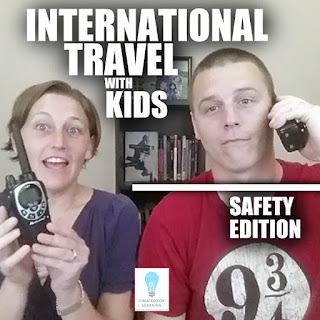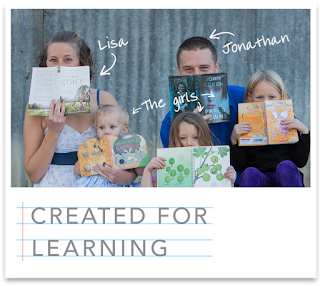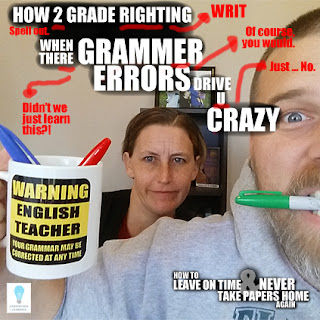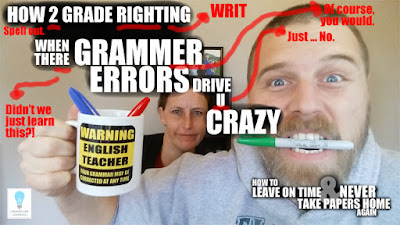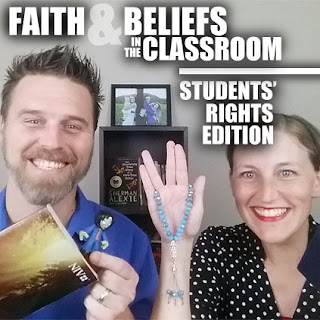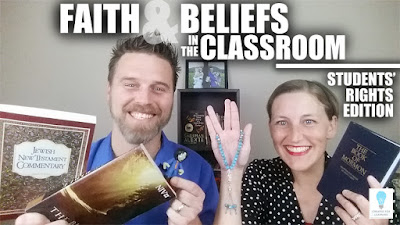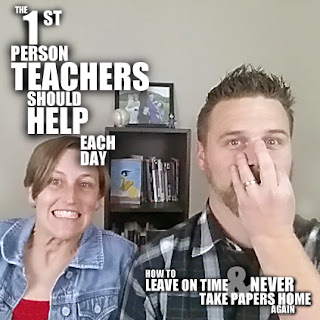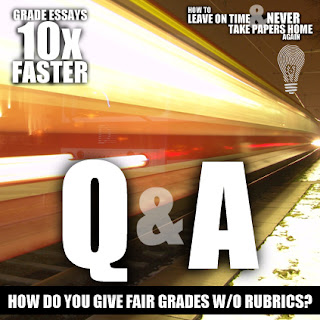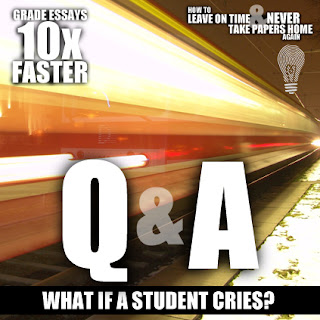Bd News
March 16, 2019
Christchurch gunman praised Trump as a symbol of renewed white identity
The slaughter amid Friday supplications injured in excess of 40 others in the nation's most noticeably awful ever mass shooting, which Head administrator Jacinda Ardern censured as fear mongering.
New Zealand police said three individuals were in authority incorporating one man in his late 20s who was accused of homicide.
The charged shooter's declaration commended Trump as "an image of restored white character and normal reason," as indicated by Reuters.
The White House did not promptly react to a demand of the news office for input.
Prior, White House Press Secretary Sarah Sanders said in an explanation that the US emphatically censured the assault.
"The US firmly denounces the assault in Christchurch. Our contemplations and supplications are with the people in question and their families. We remain in solidarity with the general population of New Zealand and their administration against this horrendous demonstration of abhor," Sanders said.
Trump censured the "terrible slaughter" in a Twitter post. "My hottest compassion and all the best goes out to the general population of New Zealand after the ghastly slaughter in the Mosques. 49 guiltless individuals have so foolishly kicked the bucket, with such a large number of all the more truly harmed. The U.S. remains by New Zealand for anything we can do," he tweeted.
He attracted solid analysis the days after a dangerous racial oppressor rally in Charlottesville, Virginia, in 2017 when he likened racial oppressors with counter-dissenters and saying "the two sides" were to be faulted.
He said on the commemoration of the rally in August that he censures "a wide range of prejudice and demonstrations of viciousness."
Trump has now and again shown his supporters could swing to viciousness.
Gotten some information about conceivable prosecution in a December meet with Reuters, he stated, "I imagine that the general population would revolt if that occurred."



